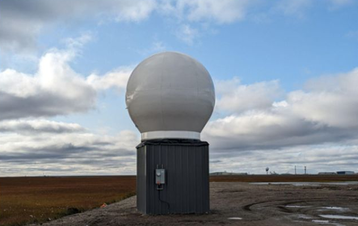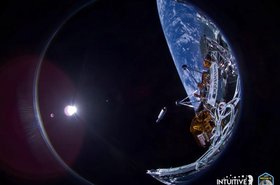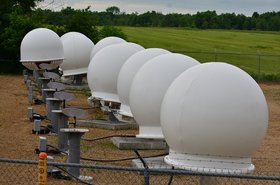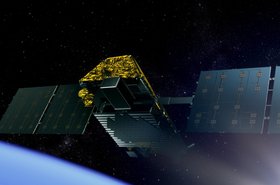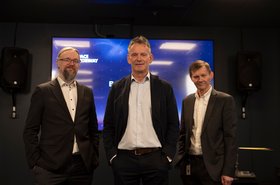Space Leasing International (SLI), a company that leases space infrastructure to customers, has acquired a satellite ground station in Piteå, Sweden.
Details about the precise location, seller, or terms of the deal weren’t shared.
The acquired ground station will be leased to Washington-based operator RBC Signals.
“Our latest lease agreement with RBC Signals exemplifies this and further reinforces our commitment to supporting the expansion and advancement of the space industry,” the company said this week. “The agreement includes the purchase of a ground station in Piteå, Sweden, which will be leased to RBC Signals and incorporated into its network of 80 ground stations around the world.”
SLI was formed by holding company Libra Group last year to acquire and build around 20 ground stations globally and lease them to RBC. Last year, SLI acquired a ground station in Alaska and leased it to RBC.
“This agreement is another testament of our commitment to work closely with manufacturers and operators,” said SLI CEO Alejandro Kerschen. “As space exploration and satellite technology continue to evolve at a rapid pace, collaborations like the one between SLI and RBC Signals play a vital role in accelerating innovation and driving progress within the industry. Together, we are poised to shape the future of space-based communication and unlock new opportunities for exploration and discovery.”
Founded in 2015, RBC offers satellite communications and monitoring in VHF, UHF, L, S, C, X, Ku, Ka, and optical bands from a network of more than 50 company-owned and partner-owned sites.
“We are excited to partner with SLI to access the critical infrastructure necessary for expanding our global network,” said RBC Signals CEO Ron Faith. “This agreement further strengthens our partnership and enhances our ability to serve our customers. We look forward to continuing our collaboration with SLI to drive innovation and progress within the space industry.”

